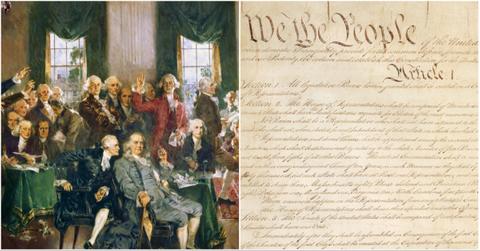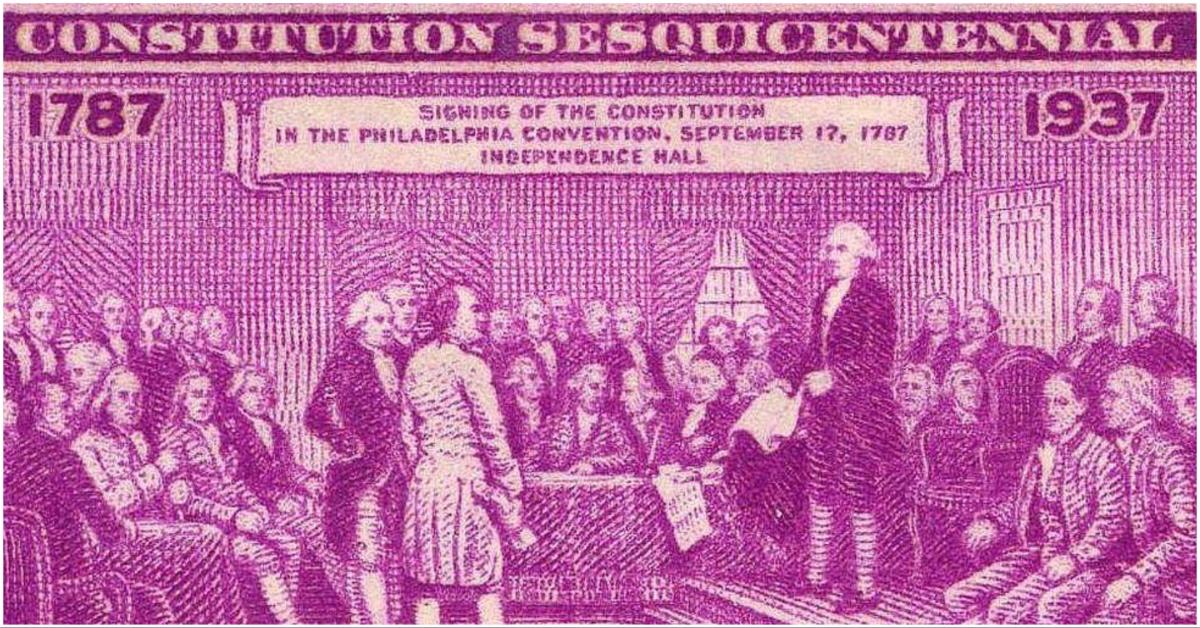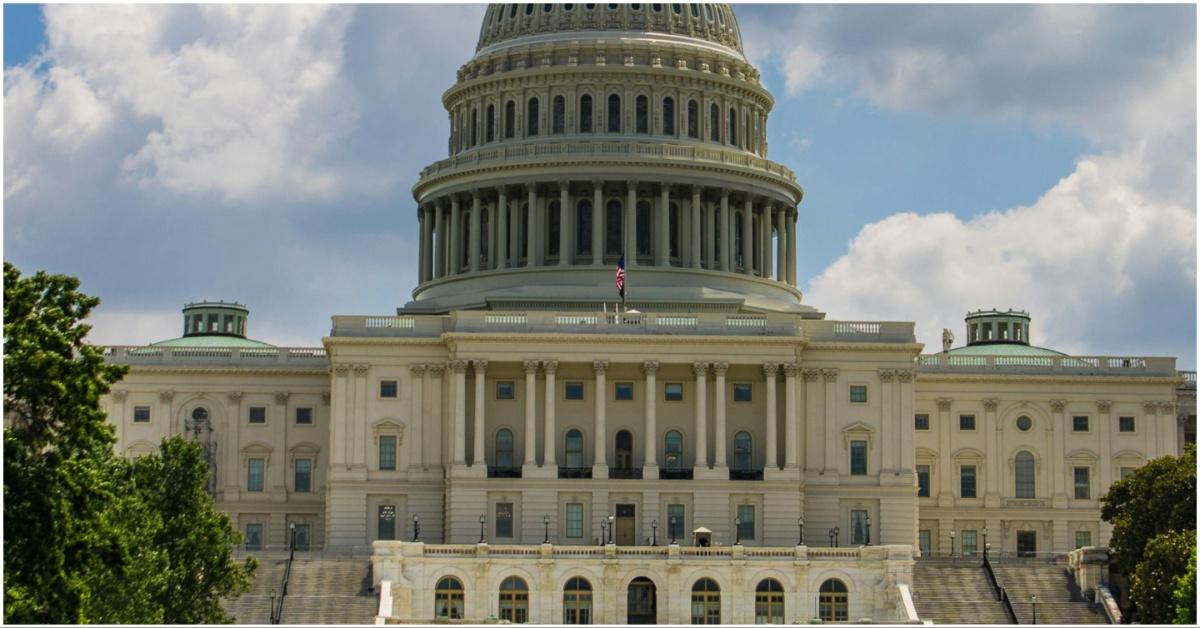Cracking the Constitution: What Does Domestic Tranquility Really Mean?
What does "insure domestic tranquility" in the U.S. Constitution mean?
Published Sept. 9 2025, 11:05 a.m. ET

Let’s be real: Reading the U.S. Constitution can feel like decoding an ancient spell. You open it up, get two lines in, and suddenly you’re staring at words like “insure domestic Tranquility” and thinking … Huh? Is that a legal term? A wellness trend? A fancy way to say “don’t start drama”?
You’re not alone. The Constitution was written in 1787, and let’s just say the Founders weren’t exactly trying to write for TikTok. So, what does domestic tranquility actually mean in the Constitution? Keep reading as we break it down in plain, no-fluff terms.

To understand what the Constitution means by domestic tranquility, we need a little context.
The phrase shows up right in the Preamble — the Constitution’s opening statement. It includes a list of goals that explain why the document was created, like to establish justice, provide for the common defense, and yes, to “insure domestic Tranquility.”
If you’re thinking, “Sure, but what does that mean?” Fair question.
According to the U.S. Courts’ educational resource, that part of the Constitution is meant to outline the big-picture reasons behind the government’s creation. “Domestic” means within the country, and “tranquility” is just an old-school way of saying peace, calm, and order. So, when the Founders said they wanted to “insure domestic Tranquility,” they were basically saying: We need to keep things stable at home.
The meaning of the phrase actually came from real historical problems.
Back in the 1780s, the U.S. was kind of a mess. The Articles of Confederation — the country’s first attempt at government — weren’t working. The federal government was too weak, states were acting like their own little countries, and people were stressed out. According to the Center for Civic Education, one big warning sign was Shays’s Rebellion, a protest by angry farmers in Massachusetts that turned violent. The government couldn’t handle it, and that scared a lot of leaders.
As The Law Dictionary explains, this chaos is part of why the phrase “domestic tranquility” made its way into the Constitution. The Founders wanted to make sure the national government could keep order, resolve disputes, and prevent things from falling apart every time there was a disagreement.
So, “insuring domestic tranquility” was basically about saying: We don’t want to live in constant panic mode.

Has the meaning of this phrase changed over the years?
Fast forward to today, and that idea still matters — maybe more than ever.
Domestic tranquility in the modern world means the government is responsible for doing things like maintaining public safety, making sure law enforcement is fair and functional, coordinating emergency response, and even managing peaceful protest in a way that respects rights without letting things spiral out of control.
The government is responsible for creating an environment where people feel safe, stable, and protected in their communities. That doesn’t mean everything has to be perfectly calm all the time, but a system should exist to prevent complete chaos.
When we hear about government agencies stepping in after a natural disaster, or courts stepping up to handle a crisis between states — that’s part of domestic tranquility in action. It’s not just about avoiding violence; it’s about creating a functioning, cooperative society where people don’t have to live in fear.
So yeah, the phrase sounds poetic. But it’s not just decoration. That line gives the government real authority to take action when things get tense. It also gives the citizens a benchmark for what type of environment the government should be providing them with.